Wet woods project sees nature-friendly farming in action
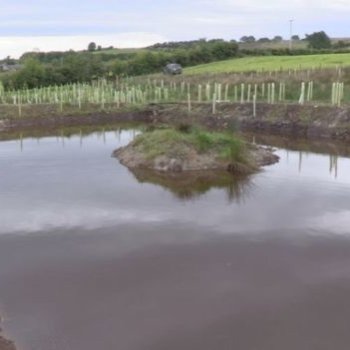
The planting of 2,000 trees and creation of ponds within the land will work to improve water quality and provide new havens for wildlife.
1 July 2020
Dairy farmer John Doherty is working with the Woodland Trust Northern Ireland and the Loughs Agency, to create an area of wet woodland along the River Faughan.
The planting of 2,000 trees and creation of ponds within the land will work to improve water quality and provide new havens for wildlife.
The opportunity came about after Doherty had previously worked with the Woodland Trust Northern Ireland and the Loughs Agency in creating riparian (riverside) buffer strips along both sides of the River Faughan Special Area of Conservation (SAC) in November 2019.
That project involved a partnership between the landowner, the Woodland Trust Northern Ireland, Loughs Agency, and Northern Ireland Water. Fencing was installed back from the riverbank, with tree planting and stiles erected for access.
Two existing field drains carry nutrients and sediment during flood events from the land directly into the River Faughan. Measures will be put in place to improve water quality and create a wet woodland to improve the local biodiversity value of the site.
The current project is aimed at improving water quality by buffering sediment and nutrients originating from the two ditches.
The drains have now been diverted into a section of field via a series of leaky dams and then into newly created ponds.
Tree roots help filter the water and slow the flow in times of flood ensuring that when the ponds are full the woodland provides a further buffer with the River Faughan. This technique was deployed by Loughs Agency and the Woodland Trust Northern Ireland within woodland at Killaloo, with positive results.
“Areas of wet woodland are one of the most dynamic habitats in the UK and Ireland and are important for a range of priority species, including otter, nesting birds, insects, bats, and amphibians. With Northern Ireland being one of the least wooded countries in Europe (8% tree cover) any increase in new woodland is welcomed, especially when it provides local nature based solutions for farming businesses and on a wider scale combat climate change through carbon storage.”, said Dave Scott, project manager with the Woodland Trust.
“The natural filtration of nutrients and sediments means that water quality is improved for fish and their spawning requirements. As well as the improvements to water quality and the enhancement of wildlife habitat, such woodlands reduce water treatment costs, reduce flood risk and provide increased flood storage, and assist in natural river restoration.”, said Lionel Knobbs of the Loughs Agency.
It is hoped that this project will provide a good opportunity for learning how more of these collaborative projects might be delivered in the future in providing havens for wildlife, improving water quality, and allowing farmers and land owners to actively engage in connecting biodiversity and business gains.
It is hoped that this nature-based solution to protecting rivers from potential pollution; keeping water on the farm in times of drought; and a future timber resource in the form of native trees will be the exemplar for other landowners/farmers who may be interested in implementing similar projects.
The partnership is keen to hear from farmers and landowners in the Faughan area to deliver more of these collaborative projects. Interested parties can contact Dave Scott at The Woodland Trust by email or phone 07917895070; or contact Lionel Knobbs at the Loughs Agency by email or phone 07736374131.



 Print
Print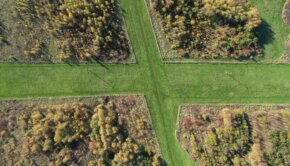
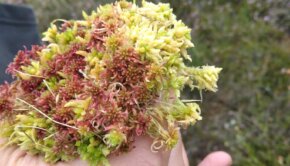

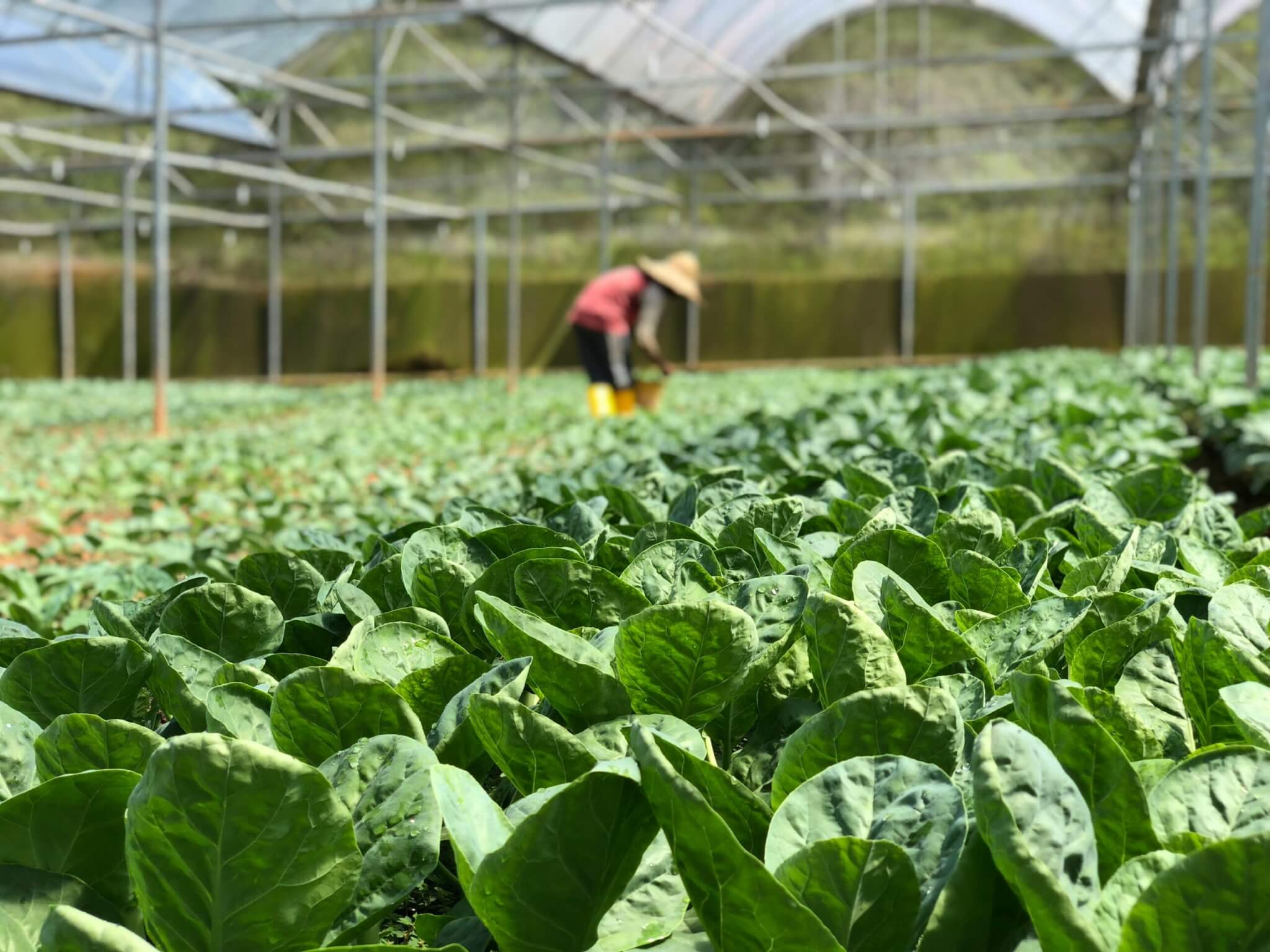


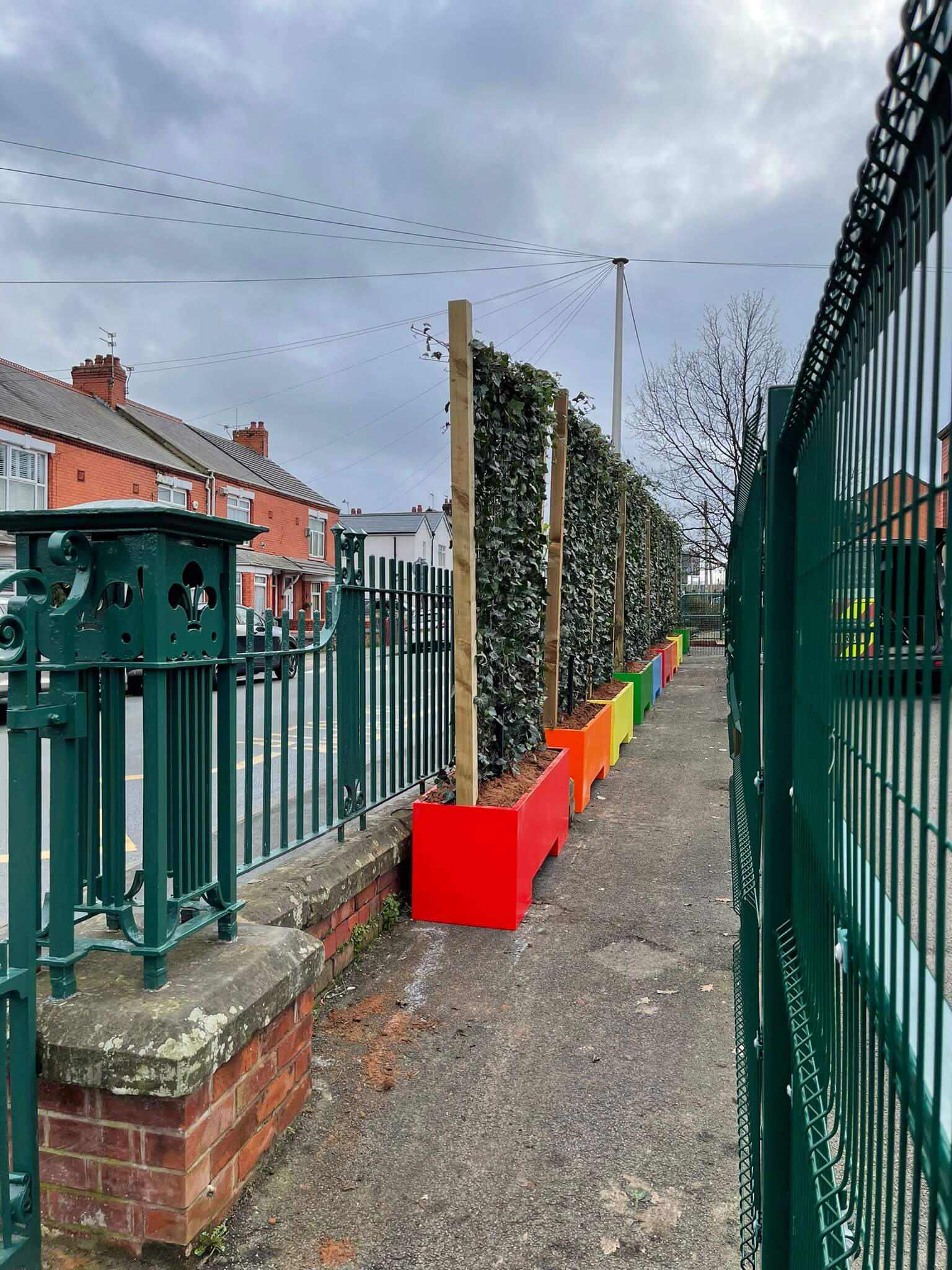
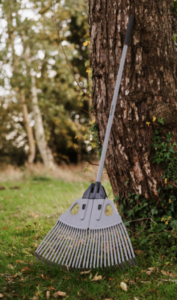
Fans 0
Followers